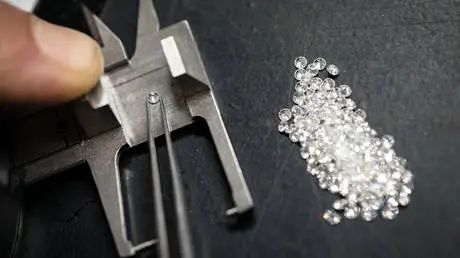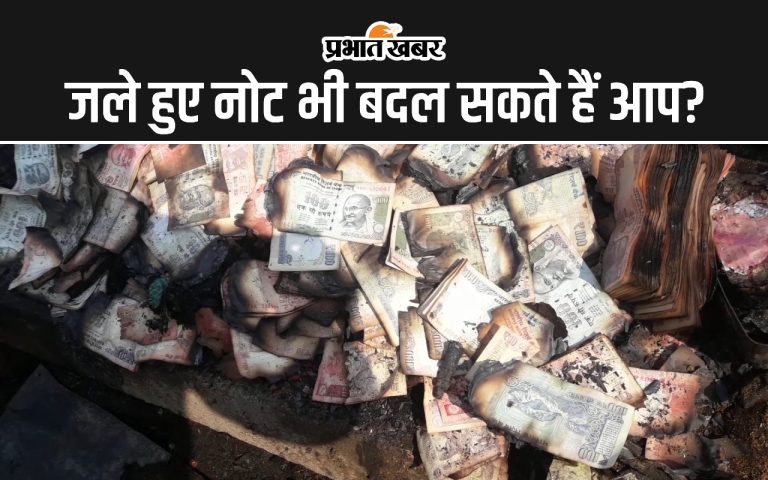Russian diamond sanctions creating ‘mayhem’ in EU – The Times
European traders face delays and extra costs as business heads elsewhere, the newspaper has reported
Western restrictions on Russian diamond imports have destabilized the entire industry, as traders struggle to verify gems heading to the EU, the Sunday Times has reported, citing market players.
A direct EU and G7 ban on Russian diamonds came into effect in January, and was followed by phased-in restrictions on indirect imports from March 1. A tracking mechanism is also being planned before September to help Western authorities identify the origin of imported diamonds in an effort to avoid sanctions violations.
Shortly after the ban came into force, the European Commission ordered that all diamonds entering the EU should go via Antwerp in Belgium to be verified as non-Russian. As of the start of March, the measure covers rough diamonds larger than one carat, although that will be expanded from September to include stones larger than 0.5 carat.
Officials are demanding onerous paperwork to prove the origin of each batch of gems, forcing diamantaires to deal with lengthy delays, additional expenses, and disgruntled customers, the Sunday Times reported at the weekend, citing multiple traders.
They also highlighted that it previously took around 48 hours to get diamonds out of Africa, after which gems would be processed and sent to a client. ‘Now, with all the bureaucracy, it’s taking up to two weeks. With interest rates at 10 or 11%, I would be losing money every single day,’ one trader told the British paper.
Diamonds coming from different countries are chemically almost identical, another trader said, emphasizing ‘the absurdity of the new legislation that is causing mayhem in the international jewelry market.’
Shortly after Moscow launched its military campaign against Ukraine in 2022, the West imposed numerous sanctions on Russia’s natural resources, including a ban on imports of oil, gold, and even caviar. Diamonds, however, were exempt partially due to a strong lobby from Belgium that warned that Antwerp, through which 90% of the world’s diamonds pass, could risk losing business to other trading hubs. Belgium changed its position and supported the idea of the diamond tracking system.
‘There used to be 4,000 diamond cutters in Antwerp,’ Pieter Bombeke, one of the city’s master craftsmen, told the Sunday Times. ‘Now it’s 120. Most of the work has gone to India where the labor is cheap.’
Traders are reportedly concerned that dealers could be forced to follow suit and leave for India, Dubai, or Tel Aviv, which haven’t imposed sanctions on Russian gems. Ten companies are planning ‘to move to Dubai or India because of these new rules,’ according to a financial adviser to Antwerp’s diamond industry, as quoted by the British newspaper.
For more stories on economy & finance visit RT’s business section
Photo © Getty Images Image © ilbusca






